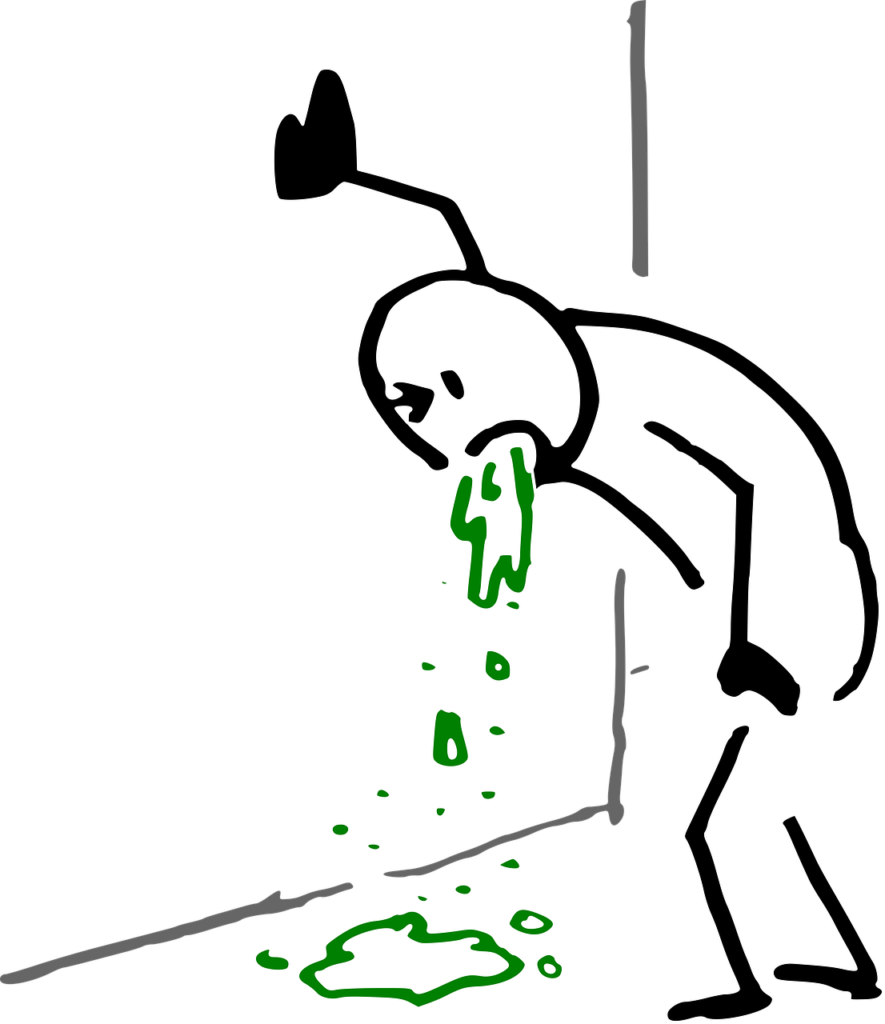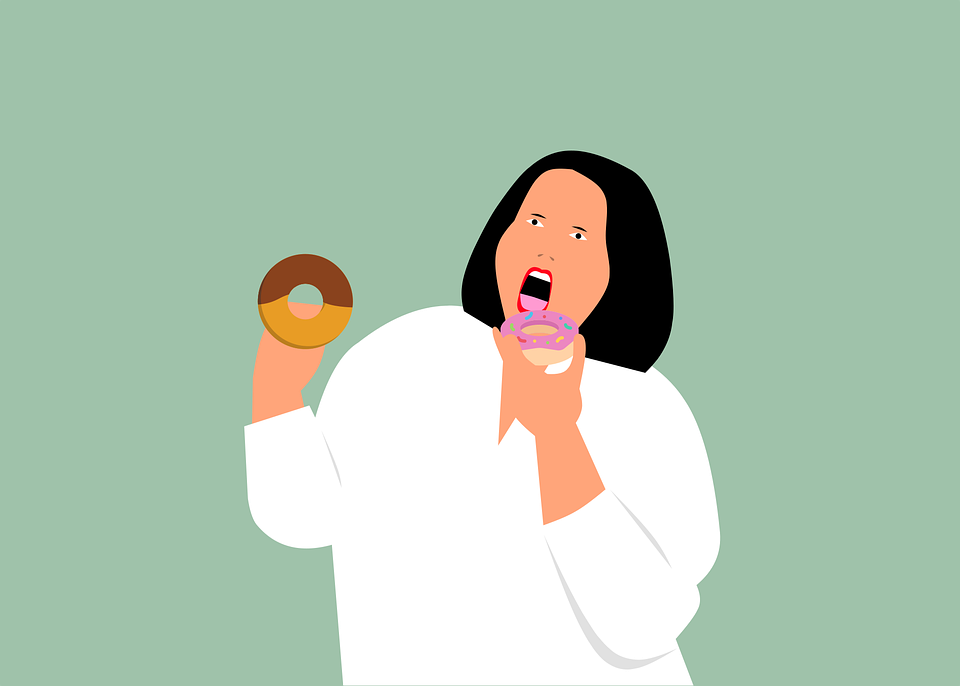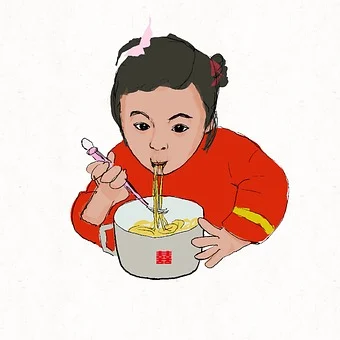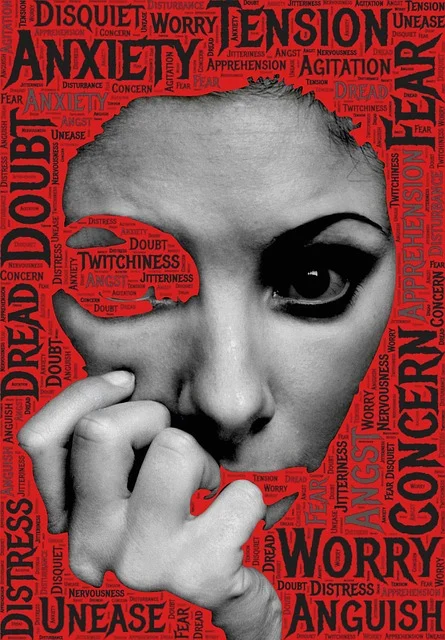Rumination disorder, sometimes referred to as rumination syndrome or merycism, is a feeding and eating condition characterized by regurgitation—the coming up of undigested food from the stomach into the mouth. The person may chew and swallow the food again after it is back in their mouth, or they may spit it out. This habit frequently happens right after a meal and can seem natural. Burping or belching may be followed by rumination, which usually doesn’t accompany nausea or retching. Food regurgitated during rumination usually hasn’t had time to properly combine with stomach acid and be digested, so it doesn’t taste bitter or sour.
Rumination eating disorder
Food that may only be partially digested is frequently and habitually brought up in rumination disorder. It doesn’t usually cause nausea or disgust and happens easily and painlessly. People of any age can suffer from ruminant condition.

The type of vomiting associated with rumination problem differs from that of a stomach bug, for example, in that the patient does not seem ill or retch involuntarily. The individual may choose to just spit out the meal or chew and swallow it again. Rumination disorder sufferers frequently don’t feel in control of their condition.
It is unknown what specifically causes rumination disorder.
Similar behavior to that observed in rumination disorder can be caused by other conditions. In such cases, the behavior should be addressed as part of the treatment for the underlying condition, rather than the patient receiving a distinct diagnosis of rumination disorder.
It is unknown how many people suffer from rumination disorder. If left untreated, rumination disorder can result in electrolyte imbalances, weight loss, dental erosions, and malnourishment. Therefore, if you’re concerned about yourself or someone you know, it’s critical to get in touch with your doctor right away. Ask to be sent to a specialist who can rule out other possible explanations for the behavior and go over the best course of action.
Signs and symptoms
Possible signs and symptoms of rumination disorder

- vomiting partially digested meals on a frequent basis
- There isn’t a clear-cut medical condition causing this behavior.
- re-chewing and consuming the meal they have said
- hiding their actions, such as by covering their mouth or coughing
- Steer clear of eating in front of other people
- Refusing to eat before social interactions
- Loss of weight
- Undernourishment
- not gaining the anticipated amount of weight
- Squeezing their tongue and stifling their back while keeping their head back, giving the impression that they find the behavior pleasing
- Having a constant state of hunger and agitation in between feeding
Causes of rumination disorder
It’s not always possible to identify the root reasons of rumination disorder. A weaker esophageal sphincter that easily allows food to pass back into the mouth from the stomach could be one of several underlying causes. The most often mentioned causes of rumination problem are cultural, economic, and psychological variables. In particular, a chaotic, over stimulating environment or maternal neglect can both weaken the bond between a mother and her child.

Positive or negative reinforcement is the foundation of several ideas on the etiology of rumination disease. Other reasons could be people paying more attention to you in reaction to your regurgitation or as a way to pass the time when you’re bored. Rumination disorder may also be caused by psychiatric conditions including anxiety and sadness.
A person may be more susceptible to rumination disorder due to physical issues. Several of these circumstances consist of:
- reflux disease of the stomach (GER)
- Heartburn or belching
- The gastrointestinal tract’s overactive or underactive muscles (spasms)
- unusual tongue motions
- low acidity in the stomach
- inadequate chewing
- ingesting air
- Sucking with the hands or fingers
Diagnosis
Blood tests to look for anemia or electrolyte imbalances are the basis for the diagnosis of rumination disorder. Damage to the stomach or esophageal walls may result in anemia. To identify rumination disorder or other predisposing factors, imaging scans are performed. A barium swallow can reveal aberrant motility in the stomach or esophagus, as well as a hiatal hernia and esophageal constriction.

An ulcer or other mechanical or physical issues with the intestines can be diagnosed with an upper gastrointestinal (GI) series and a small bowel follow-through test. Cultures for the ulcer-causing bacteria Heliobacter pylori, studies measuring the rate at which the stomach empties, motility, pH testing, and X-rays are additional lab procedures that may be useful.
Rumination disorder treatment
Treatment for rumination disorder involves supportive, psychodynamic, non-aversive, and mildly aversive approaches. Treatment outcomes are typically only short-term if the purpose of the rumination is self-stimulation. If it’s driven by social factors, treatment can get rid of the symptoms. Among the non-aversive methods are:
- tiny meal nibbles
- chewing thoroughly before swallowing
- consuming dense cuisine
- feeding methods
- Reversing habits while relaxing
- breathing diaphragmatically
- hypnosis
- Biofeedback
- directed imagery
- Losing weight
- Taking care of psychological problems or triggers
- Medication, if there is a lot of acid damage
Complications
The following are only a few of the numerous possible side effects of untreated rumination problem in babies and kids:

- Undernourishmen
- reduced ability to fend against illnesses and infections
- Inability to develop and prosper
- Loss of weight
- stomach conditions like ulcers
- Lack of water
- Tooth decay and bad breath
- Other respiratory issues, such as aspiration pneumonia, are caused by breathing in vomit into the lungs.
- Choking
- Death
Rumination Disorder and Related Disorders
Rumination disorder and pica are two different disorders that might be related to one another. Eating non-food or non-nutritive items is known as pica. Pica does not trigger rumination, yet it is conceivable for rumination to occur after pica.
In one German study, if recurring rumination disorder was present, the prevalence rates of recurring pica behavior were much higher.
Furthermore, rumination disorder and bulimia are two distinct disorders that some people believe co-occur. When intentional eating and purging are combined with self-induced vomiting, the use of laxatives, or enemas, the consequence is bulimia, a behavioral disorder. The aim of these actions is to stop someone with irrational body expectations from gaining weight. Rumination disorder, on the other hand, is a medical disease characterized by the involuntary regurgitation of food that has been swallowed again.
If a person self-medicates with alcohol or drugs owing to an underlying depression or anxiety disorder, rumination disorder and substance abuse may be connected. Because rumination causes the ruminator to feel ashamed or embarrassed, substance misuse may also be directly linked to ruminating.



